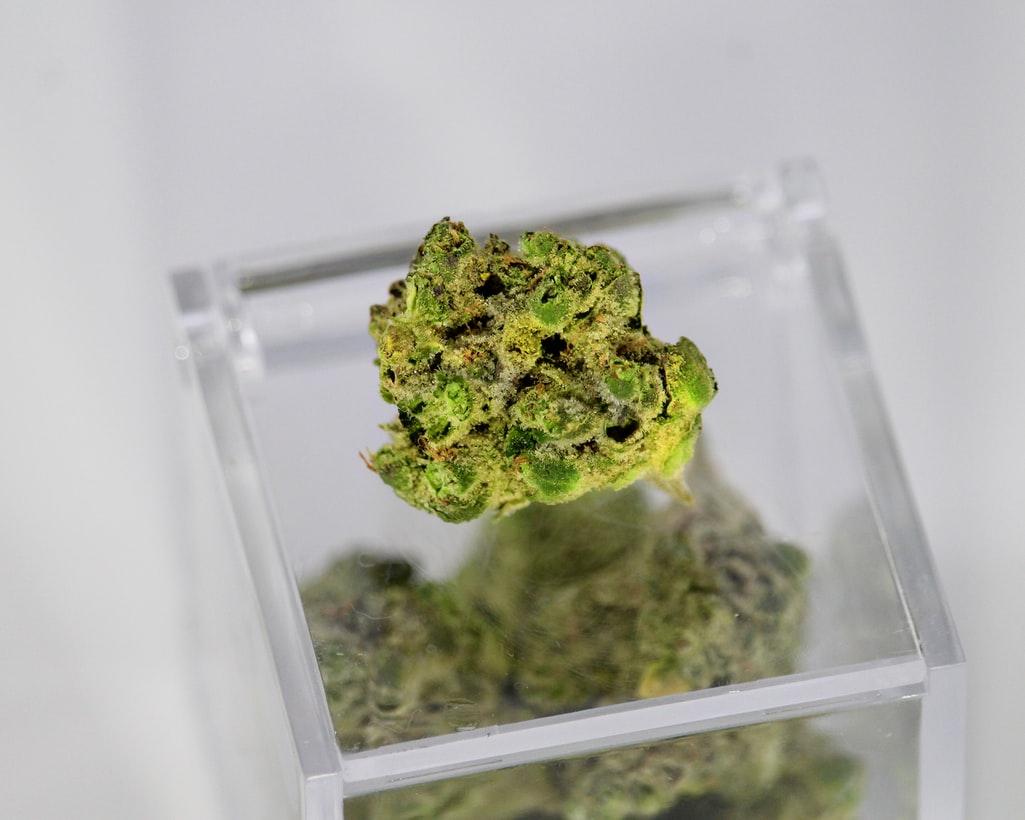Marijuana as a medicine? Medical and therapeutic uses of cannabis and cannabinoids
Authors:
Raquel Peyraube, and José Carlos Bouso.
Edited by:
México Unido Contra la Delincuencia
Year:
2015
About the study
This publication on marijuana as medicine was prepared by México Unido Contra la Delincuencia A.C. — an association that has been working since 1997 for the construction of an effective citizenship in favor of security, legality and justice —, with the support of Open Society Foundations.
The objective of the report is to provide the necessary medical-scientific answers for policy-makers to promote alternative policies on medical cannabis, describing only the variety of applications of the plant and its derivatives in the medical field, according to the available evidence.
The report describes the available scientific evidence regarding cannabis and different conditions, such as neurological diseases, diseases and symptoms of the digestive system and nutritional status, addictions and mental health problems, cancer and palliative care, skin diseases, eye and other autoimmune conditions. The study has been prepared based on a review of papers published in the most reputable scientific journals and produced by the most recognized authors in the field.
According to the report, cannabinoids have many therapeutic properties proven by preclinical research (anti-inflammatory, neuroprotective, antioxidant, analgesic, antiemetic, modulating physiological and metabolic processes, apoptotic, and anxiolytic, among others).
Excerpts
“From the perspective of Public Health, it is necessary to have medical grade cannabis produced according to the standards of good production and manufacturing practices in different formulations that respond to the different routes of administration required as well as isolated cannabinoids of pharmaceutical production that are in legal conditions of commercialization. This is due to the fact that the suffering population is already resorting to its use, either by smoking cannabis or ingesting extracts for oral administration without quality control or known composition, putting themselves at a risk that does not strictly depend on the potential adverse effects of cannabis but on an unregulated market for medicinal use. Added to this is the existence of interactions with other compounds and individual vulnerabilities that affect the effectiveness of the treatment.”
“Continuing the debate on the licit regulation of cannabis for informational purposes, avoiding focusing it on strictly medical aspects, is imperative. The costs of prohibition go far beyond its undesirable effects and are paid in lives, illness, increased criminality and destabilization of democracies. It is not always possible to achieve consensus but it is possible to implement informed public policies in accordance with the needs of the people if there is an ethical political will oriented towards the Common Good.”
Photo by Christina Winter on Unsplash.
Categories:
Studies & papers
, Cannabis
Tags:
cannabis
, scientific research
, study
, therapeutic
, therapy
, medical cannabis
, medical cannabis
, pharmacy
, marijuana

